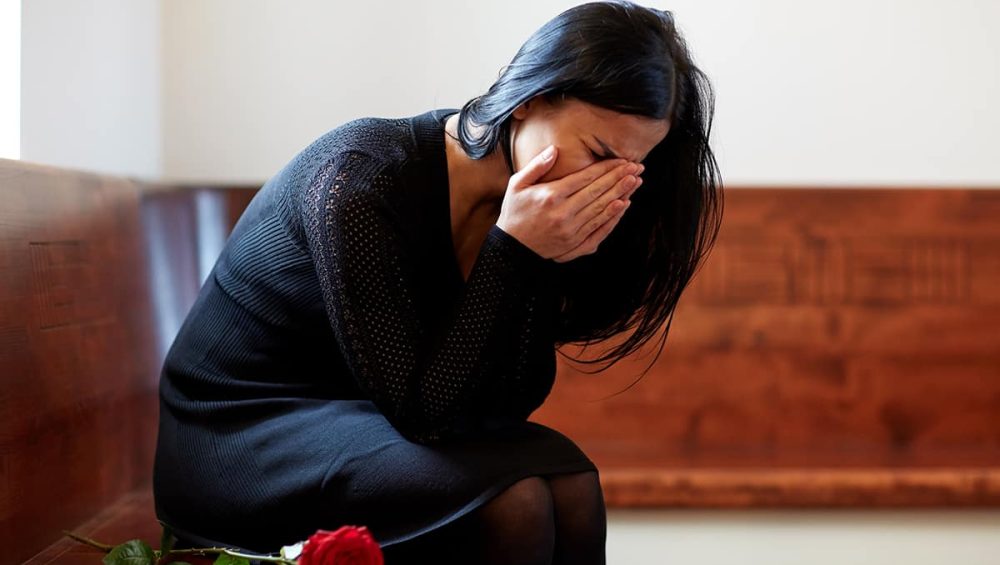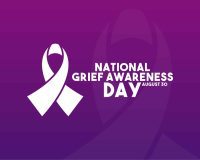
When someone you love dies, there’s a part of you that dies too—the part of you that is pieced into the memories you both shared. You will always be the son/daughter/father/mother/brother/sister/co-worker but the relationship is forever changed. The memories are still there, but then comes the grief of not being able to relive those memories again—either in real-time or in stories. To have that person fill in the gap when the memory starts to fade.
But it’s more than that. They knew you as a person and in ways that no one else will. There is grief in the loss of your shared story.
John Pavlovitz, is a writer, pastor, and activist from Wake Forest, North Carolina and author of A Bigger Table and Hope and Other Superpowers. In his blog, Stuff That Needs to Be Said, he writes about the grief when he lost his father and how he lost a part of himself on the same day. When he was growing up, he spent his weekends with his dad at an indoor local flea market at the New York State Fairgrounds selling athletic shoes to supplement the family income.
“To me, it was like Christmas at Disneyland,” he writes. “They were precious times. There are lots of things that happened during those weekends he and I spent together at the flea market than the setting up and selling of sneaker—more stories, more conversations, more meals, more funny anecdotes, but I no longer have access to them.”
And it’s there, where the loss is. The loss of the relationship and the loss of yourself as you were seen by that person. There’s no one to help fill in the gap and give you “the pieces of life that belonged only to the two of you,” as Pavlovtiz shared.
He continues, “You lose the part of you that only they knew. You lose some of your story. It simply dies. My dad was the only one there with me during those special Saturdays, and now that he’s gone there’s no one to go to to help me relive or revisit or remember them when I want to. There’s no one to help fill in the gaps of my memories.”
Reminiscences of times you’ve shared together can be priceless because it’s allowing you to see yourself through the other person’s eyes and in a way, having a small part of you returned. It’s a gift that comes from sharing a life with someone that they can pop out with some story or recollection that you had done together that you may have completely forgotten about or never knew at all.
Pavlovitz summarizes it best when he wrote, “A part of you does indeed die when someone you love passes away. May they, and the unique part of you they’ve taken with them, both rest in peace.”




